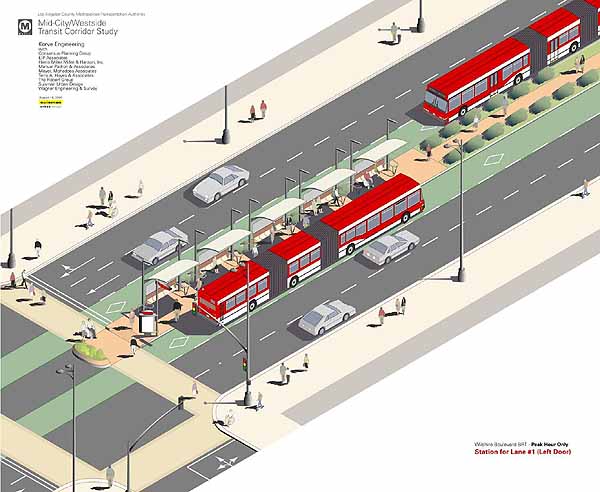P
Patrick
Guest
Great to hear about the trail—I still haven’t checked it out personally, though the Hands Across the Merrimack bridge is usually full of people lately. Goffstown’s village is really nice, and I think it feels much farther away from downtown Manchester than the few miles it actually is (it makes me think of the small villages around Monadnock). Once the rail is complete, especially with scenic overlooks and other amenities like you mentioned, it will be a great asset. I believe a lot of people who live around Goffstown village commute into Manchester, so hopefully some will choose the rail trail in good weather. Obviously, a regional transit system that offered at least hourly commuter bus service between places like Goffstown, Bedford, Londonderry and other surrounding towns into downtown would help in getting people to commute into town without a car.
I’m glad the Bedford Mall is being redeveloped, though I would have preferred something a bit denser—still building up to the road as they’re doing is an improvement over the old mall. That said, there is so much underused land along the older strip corridors in Manchester and the suburbs that should be redeveloped before new malls, outlet centers or “power centers” are built on open space.
The way Granite Square (along with the McGregor Street area) is zoned seems like a huge oversight to me. Like you said, the city wants to expand the downtown to the West Side area there (as several planning studies have recommended) and Granite Street has been spruced up quite a bit, and while I wish it hadn’t been widened, I agree that the street itself is quite nice now. It’s just entirely lacking anything to make people want to walk along it—on both sides of the river really. In the 1970s and 80s, the city demolished the great, urban buildings that made Granite Square a sort of downtown for the West Side, while also widening and realigning Granite Street between the river and Elm Street, in the process removing at least a dozen buildings and transforming the street from an urban gateway to more of a commuter-focused one. As you drive or walk up Granite Street from the river now, it’s really an approach to downtown rather than a part of it. This could easily change given the great visibility of land along the street on either side of the river. It just needs to be zoned properly and developers given the proper incentives to add urban-appropriate projects there. What is strange to me is that all the “B-1 Neighborhood Business” districts, which are a great idea, were added in the last few years. I think Granite Square should be zoned CBD (same as downtown), but why it wasn’t included in the new B-1 districts instead of keeping it zoned for largely suburban use is beyond me.
I could be wrong, but I’m pretty sure zoning is ultimately determined by the mayor and aldermen. I’m not sure how much the planning department has pushed for better, more urban zoning, but the 2009 Master Plan is basically all good stuff. Unfortunately, I don’t know of any part of it that has been implemented by the BMA. I wonder if giving the planning department greater control—maybe just giving the BMA more of an up-or-down vote, or giving the Master Plan, once approved by the BMA, the force of law—would help? Of course, it was more powerful planning agencies 40 years ago that gave us many of the problems we’re now trying to solve.
I know I have been slacking on writing this piece, but form-based codes actually do that--give a regulating plan (distilled from community visioning and input in a larger comprehensive plan) the force of law. Also, in Maine at least, the comp plans sort of have the force of law because any regulations adopted pursuant to them must be consistent with them. So, while admitting there is a lot of wiggle room around the word "consistent" the plans themselves provide the context for regulations, and are in a way legally binding once removed, if that makes any sense. I would assume it is similar in NH, but I don't know because I don't work there. Also, I don't know if a strong mayor could have any say in zoning--which is a legislative function. Usually it is the council or its equivalent, but in reality the politics of a situation means he or she will either way have a huge persuasion effect. I think strong planning departments are precisely what is needed. True, they resulted in the blunders of urban renewal before, but something equally strong is needed to overcome those blunders. Is it likely that, knowing what we know now, strong planners would again make things worse? Probably not, every planning school in America teaches about the mistakes of top down planning in the past, but that might be just what we need to get back to square one, before urban renewal. We have put our cities in this state by top down approaches, which are inequitable but efficient, and now we are stuck wondering how to get back to basics in an equitable but extremely inefficient manner. But whereas we used to have a good state of urbanism, now we are a world leader in exemplifying how not to build places. Let's just get back to a fair starting point...people complain about urban renewal because of what it tore down....well, using old photos let's see what it was, and rebuild it. If people object to rebuilding it, can they really complain that it was torn down? Or, stated otherwise, if they complain it was torn down, can they really oppose it being rebuilt?



